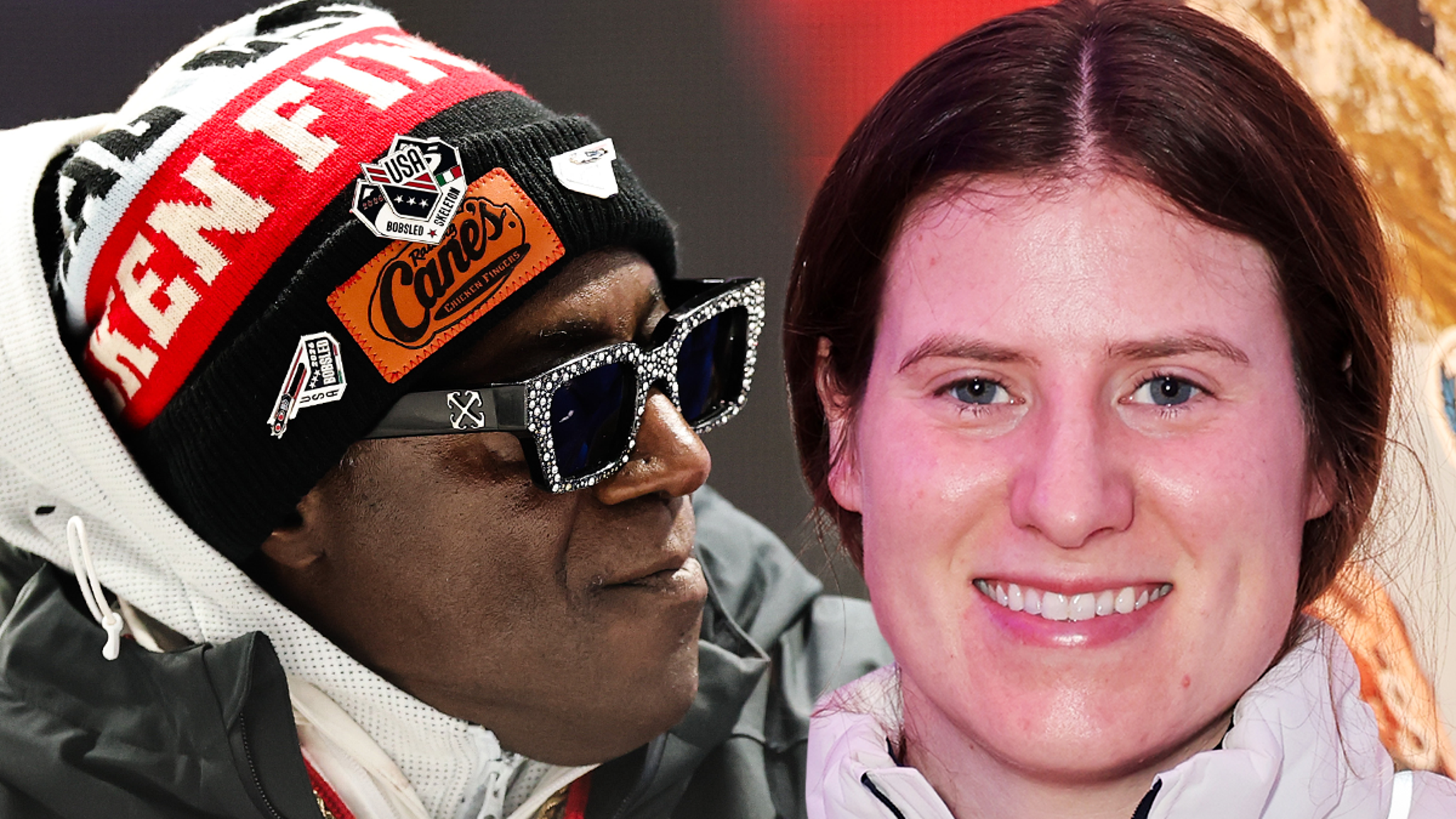A 59-year-old truck driver from Tennessee reportedly experiences the world in a uniquely terrifying way due to a condition called “demon face” syndrome. This ultra-rare disorder, medically known as prosopometamorphopsia (PMO), causes Sharrah to see everyone around him with evil smiles, their faces distorted in a manner that seems straight out of a horror story.
RELATED STORIES: Man Hospitalized with Sepsis After Ingrown Hair Infection
According to The New York Post, Sharrah first encountered the horror of his condition in 2020 when he saw a disfigured man in his apartment, who turned out to be his roommate. Despite having perfect vision, Sharrah described waking up in a “demon world,” a realization that led him to consider hospitalizing himself. This disorder visually distorts faces, making them appear satanic, with variations in eye shape, size, color, and the position of facial features. PMO can persist for days, weeks, or even years, affecting the sufferer’s average ability to interact with the world.
Researchers at Dartmouth College in New Hampshire studied Sharrah’s case, one of only 75 recorded instances of PMO. The study, led by Dr. Antônio Mello, successfully created photorealistic visual representations of the facial distortions Sharrah perceives. This achievement marks a first in the study of PMO, as the condition’s nature hindered previous efforts; any attempt to visualize the distortions would also be perceived as distorted by the patient. The innovative approach taken by the Dartmouth researchers involved showing Sharrah a photo of a face on a screen while he looked at the actual person, allowing him to provide real-time feedback on the differences between the two. This feedback was then used to visually represent what he saw, effectively putting a “demon face” to a name.
RELATED STORIES: New Study Suggests Stomach Sleeping May Increase Health Risks
“He stated that the distortions — severely stretched features of the face, with deep grooves on the forehead, cheeks and chin — were present on every person’s face he encountered, but he reported no distortions when looking at objects, such as houses or cars,”
The study not only sheds light on PMO but also aims to raise awareness about this disorder, which is often misdiagnosed as a psychiatric condition. Senior author Professor Brad Duchaine of Dartmouth College highlights the challenges faced by PMO sufferers, who may be reluctant to share their experiences for fear of being labeled as having a psychiatric disorder. This misunderstanding can lead to misdiagnosis and inappropriate treatment, as some individuals have been wrongly diagnosed with schizophrenia and prescribed antipsychotics.
The cause of Prosopomnesia (PMO) remains a mystery, although it could be associated with a malfunction in the neural network that handles facial recognition. In the case of Sharrah, a head injury at the age of 43 or carbon monoxide poisoning shortly before the symptoms appeared could be contributing factors. MRI scans have also revealed a lesion on the left side of his brain, indicating a possible trigger for the condition.
Sharrah has been dealing with visual disturbances caused by his condition for three years now, and it remains a challenge for him. Despite this, he has learned to adapt to it and maintains a positive outlook, hoping the symptoms will eventually fade. A recent study conducted by Dartmouth University is a significant breakthrough in comprehending and treating PMO, which is a rare and poorly understood condition. This research brings hope to those who are impacted by this condition.







